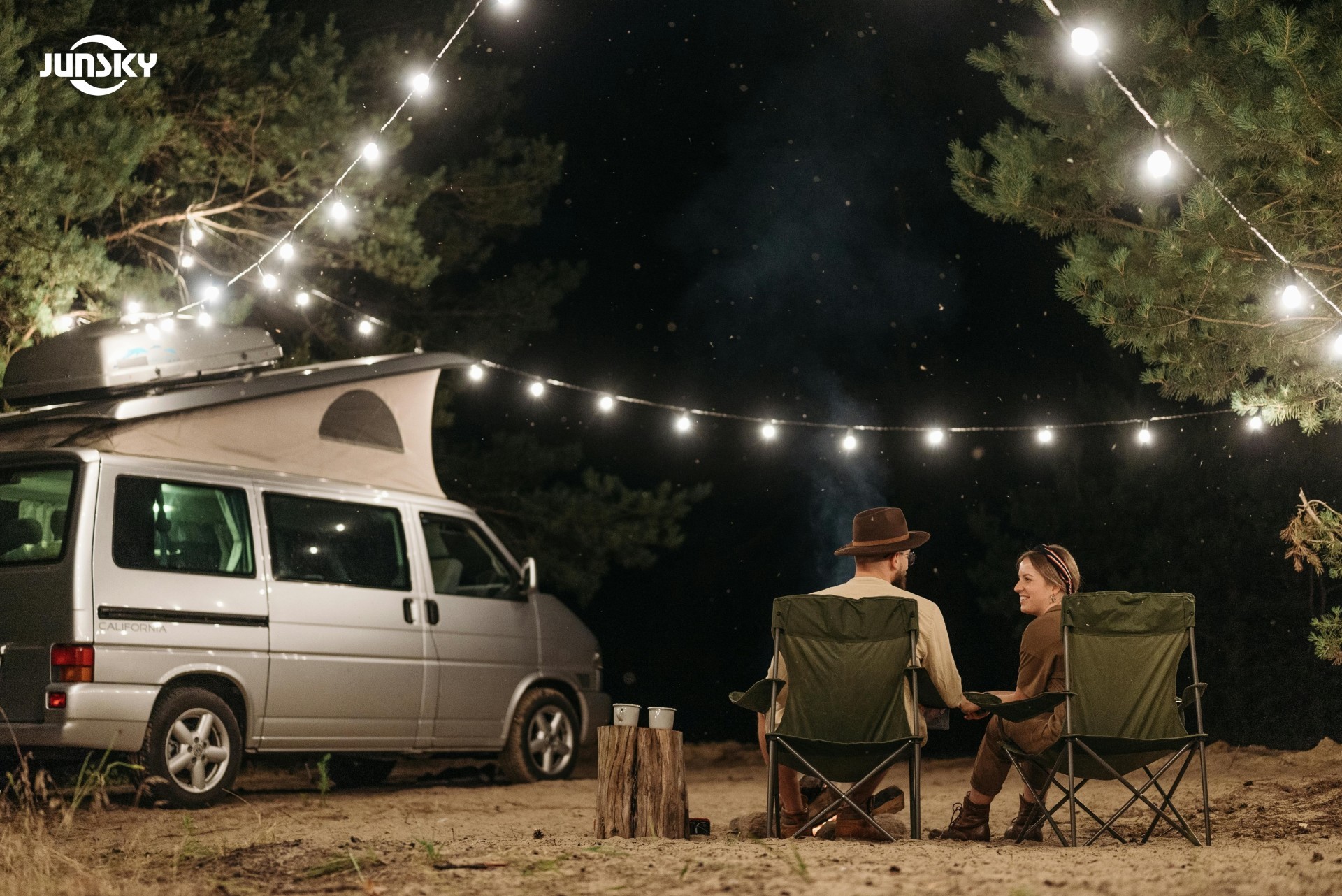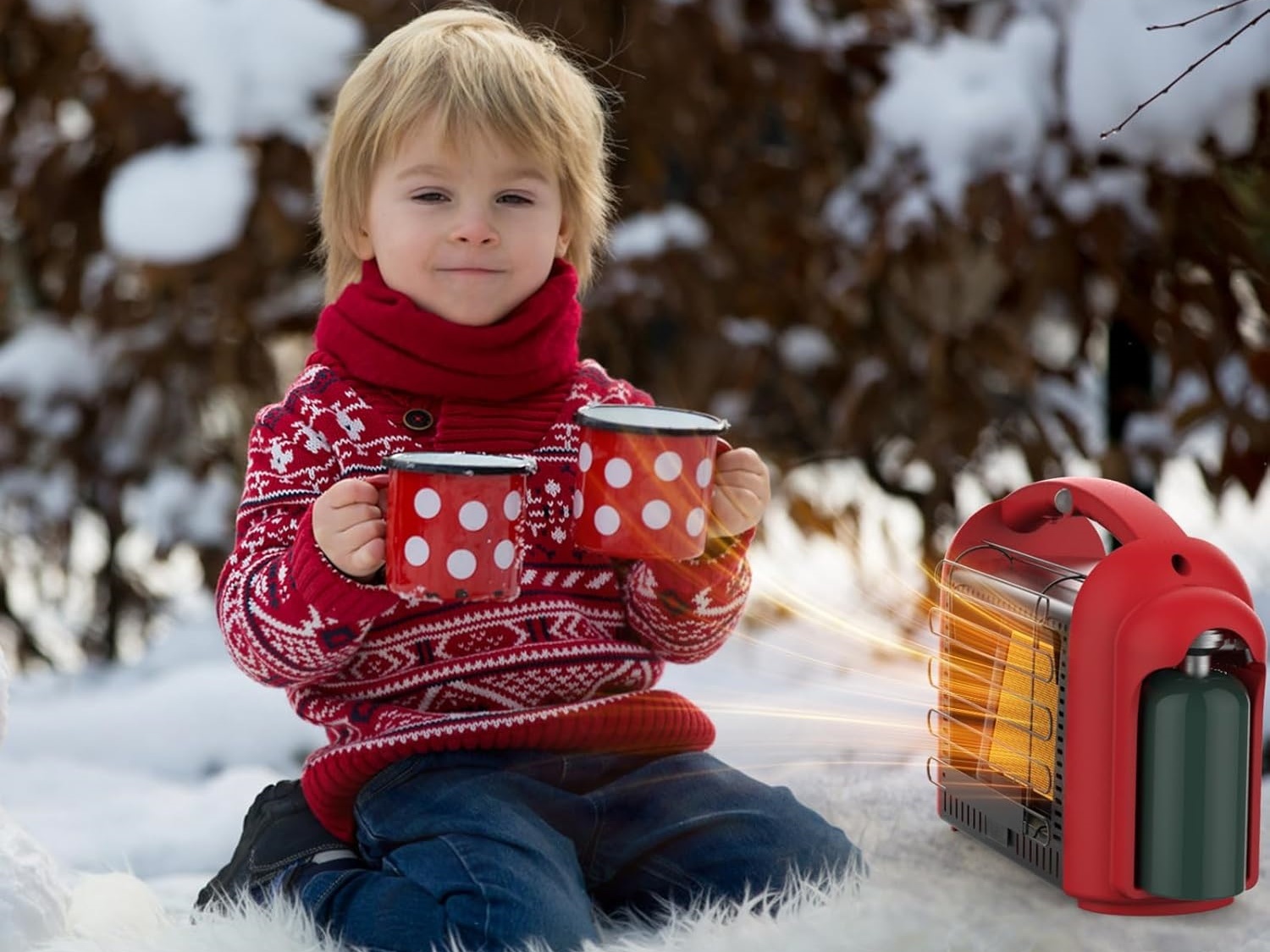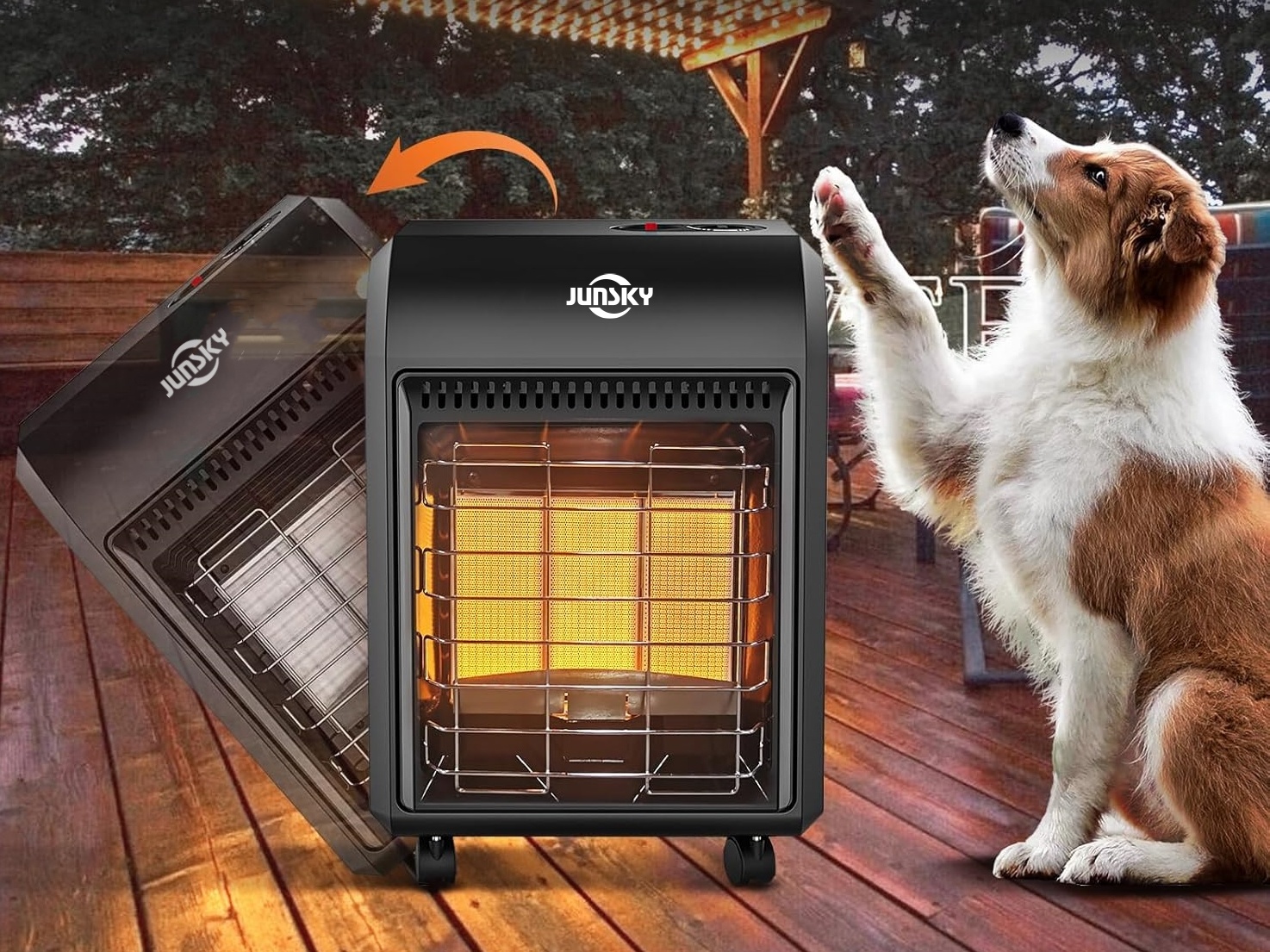The Best Seasons for RV Travel and Key Considerations
2025-02-19
The best season for RV travel depends on your preferences: spring for mild weather, summer for adventure, fall for foliage, and winter for solitude. Consider weather, crowds, RV maintenance, and activities when planning your trip.

RV travel offers the freedom to explore breathtaking landscapes and create unforgettable memories, but choosing the right season for your adventure can make all the difference. Each season brings its own unique charm and challenges, so here’s a guide to help you decide the best time to hit the road and what to consider when planning your trip.
Spring: Blossoming Beauty and Mild Weather
Spring is a fantastic time for RV travel, as nature comes alive with blooming flowers and lush greenery. The weather is typically mild, making it ideal for outdoor activities like hiking and sightseeing. However, spring can also bring unpredictable rain showers, so pack waterproof gear and check road conditions. Popular destinations like national parks are less crowded compared to summer, giving you a more peaceful experience.
Spring is a fantastic time for RV travel, as nature comes alive with blooming flowers and lush greenery. The weather is typically mild, making it ideal for outdoor activities like hiking and sightseeing. However, spring can also bring unpredictable rain showers, so pack waterproof gear and check road conditions. Popular destinations like national parks are less crowded compared to summer, giving you a more peaceful experience.
Summer: Peak Adventure Season
Summer is the most popular season for RV travel, thanks to warm weather and long daylight hours. It’s perfect for beach trips, mountain escapes, and family vacations. However, summer also means crowded campgrounds and higher prices, so book your reservations well in advance. Be prepared for heat by ensuring your RV’s air conditioning is in top shape and staying hydrated during outdoor activities.
Summer is the most popular season for RV travel, thanks to warm weather and long daylight hours. It’s perfect for beach trips, mountain escapes, and family vacations. However, summer also means crowded campgrounds and higher prices, so book your reservations well in advance. Be prepared for heat by ensuring your RV’s air conditioning is in top shape and staying hydrated during outdoor activities.
Fall: Stunning Foliage and Cool Comfort
Fall is a favorite among many RVers for its crisp air, stunning fall foliage, and fewer crowds. The cooler temperatures make it comfortable for hiking, biking, and campfires. This season is also great for visiting wine regions or attending harvest festivals. Keep in mind that daylight hours are shorter, so plan your driving and activities accordingly. Additionally, check for early campground closures in colder regions.
Fall is a favorite among many RVers for its crisp air, stunning fall foliage, and fewer crowds. The cooler temperatures make it comfortable for hiking, biking, and campfires. This season is also great for visiting wine regions or attending harvest festivals. Keep in mind that daylight hours are shorter, so plan your driving and activities accordingly. Additionally, check for early campground closures in colder regions.
Winter: Quiet Escapes and Snowy Adventures
Winter RV travel is ideal for those seeking solitude and snowy landscapes. It’s a great time to visit desert regions like Arizona or enjoy winter sports in mountainous areas. However, winter travel requires extra preparation. Ensure your RV is winterized with proper insulation, heated water lines, and a reliable heating system. Be cautious of icy roads and check weather forecasts regularly.
Winter RV travel is ideal for those seeking solitude and snowy landscapes. It’s a great time to visit desert regions like Arizona or enjoy winter sports in mountainous areas. However, winter travel requires extra preparation. Ensure your RV is winterized with proper insulation, heated water lines, and a reliable heating system. Be cautious of icy roads and check weather forecasts regularly.
Key Considerations for Every Season
1. Weather Conditions: Research the climate of your destination and pack accordingly. Always have a plan B in case of severe weather.
2. Crowds and Reservations: Popular seasons like summer require early bookings, while off-season travel offers more flexibility and lower costs.
3. RV Maintenance: Ensure your RV is season-ready, from air conditioning in summer to heating systems in winter.
4. Activities and Interests: Choose a season that aligns with your preferred activities, whether it’s hiking, skiing, or leaf-peeping.
5. Budget: Consider seasonal price variations for campgrounds, fuel, and attractions.
1. Weather Conditions: Research the climate of your destination and pack accordingly. Always have a plan B in case of severe weather.
2. Crowds and Reservations: Popular seasons like summer require early bookings, while off-season travel offers more flexibility and lower costs.
3. RV Maintenance: Ensure your RV is season-ready, from air conditioning in summer to heating systems in winter.
4. Activities and Interests: Choose a season that aligns with your preferred activities, whether it’s hiking, skiing, or leaf-peeping.
5. Budget: Consider seasonal price variations for campgrounds, fuel, and attractions.
Ultimately, the best season for RV travel depends on your preferences and destination. With careful planning and preparation, you can enjoy the magic of every season on the open road. Happy travels!
TAG:
Related Blog








